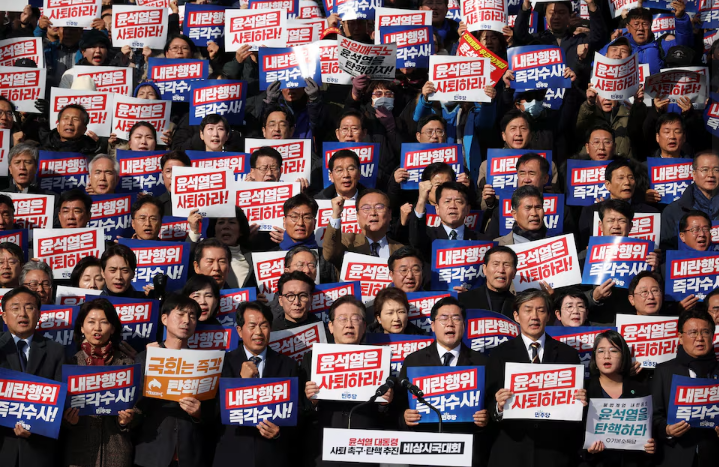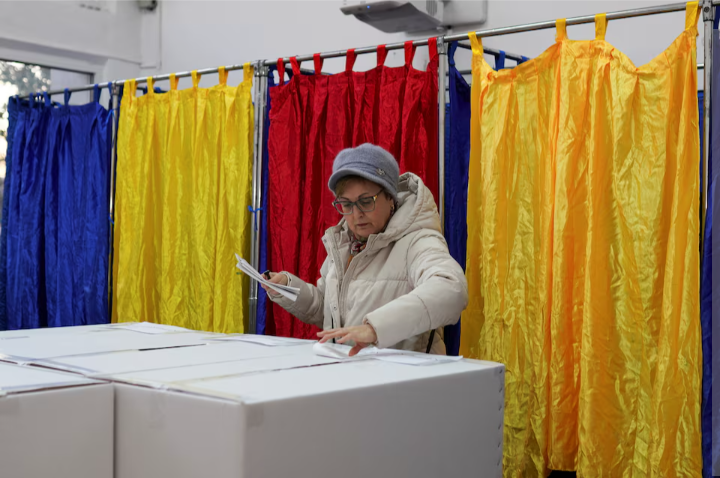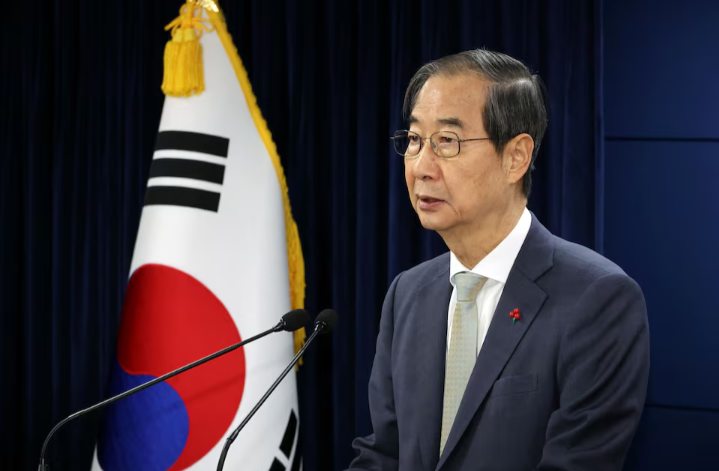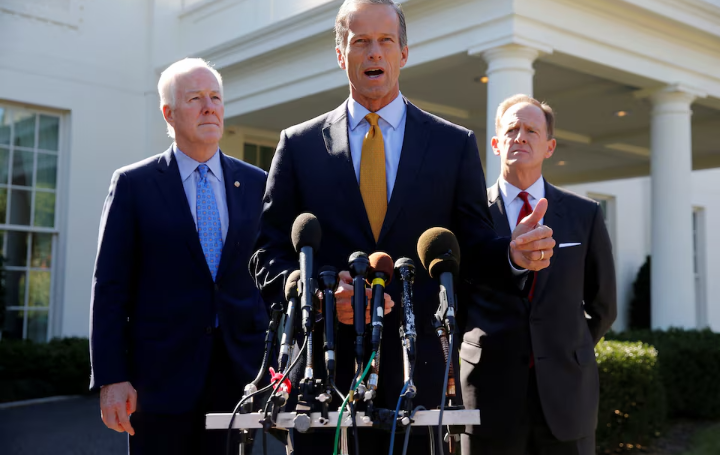South Korea’s parliament has introduced a motion to impeach President Yoon Suk Yeol following his controversial declaration of martial law, which sparked nationwide outrage and international concern. The opposition Democratic Party is set to vote on the motion by Saturday, requiring support from at least eight lawmakers of Yoon's ruling People Power Party to secure a two-thirds majority. The president’s drastic move, initially intended to stifle political activity and media coverage, was widely condemned, leading to chaotic scenes as armed troops attempted to storm the National Assembly, only to be held back by unarmed parliamentary aides.
In response to the backlash, Yoon accepted the resignation of Defence Minister Kim Yong-hyun, who had advised the martial law declaration and ordered troops to the parliament. Kim’s replacement, Choi Byung-hyuk, has already been nominated, though the vice defence minister distanced himself from the decision, claiming he opposed the military deployment. Public outrage over the events has intensified calls for accountability, with opposition lawmakers accusing Yoon of committing a historic betrayal of the South Korean people.
International allies have expressed concern over the unfolding crisis. Japanese Prime Minister Shigeru Ishiba warned of potential regional instability, while U.S. Secretary of State Antony Blinken noted that Washington was not consulted prior to Yoon’s decision. The controversy has further strained Yoon's presidency, already plagued by low approval ratings and allegations of corruption. Yoon's critics argue his hardline stances on unions and opponents have alienated much of the public.
The martial law crisis has also disrupted South Korea's financial markets, with the government stepping in to stabilize the currency amidst investor concerns. Finance Minister Choi Sang-mok reassured global financial leaders that measures were being taken to mitigate the political turmoil’s economic fallout. Meanwhile, protests against the martial law decision have gripped the nation, with citizens expressing frustration at the government’s heavy-handed response to dissent.
If the impeachment motion passes, South Korea’s Constitutional Court will have up to 180 days to decide its validity, during which Prime Minister Han Duck-soo would assume presidential duties. A successful impeachment or resignation would trigger a new presidential election within 60 days, potentially ending Yoon’s embattled tenure early. Yoon, who narrowly won office in 2022, now faces one of the gravest political challenges in South Korean history.





